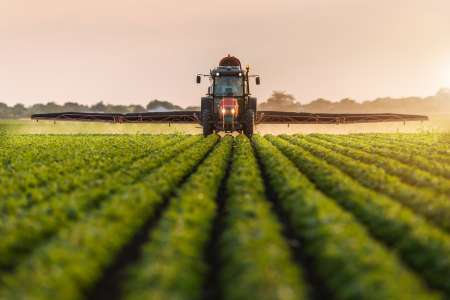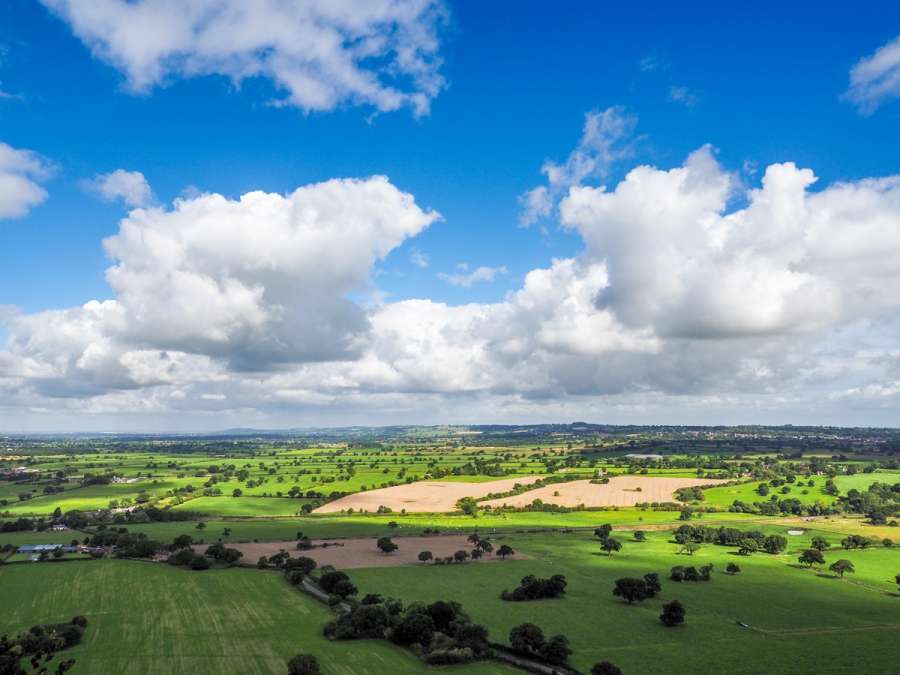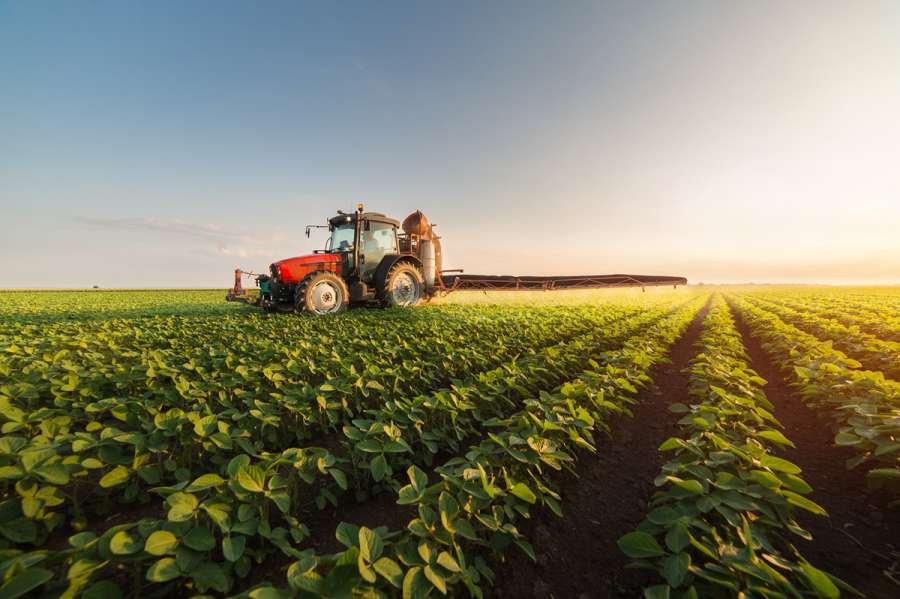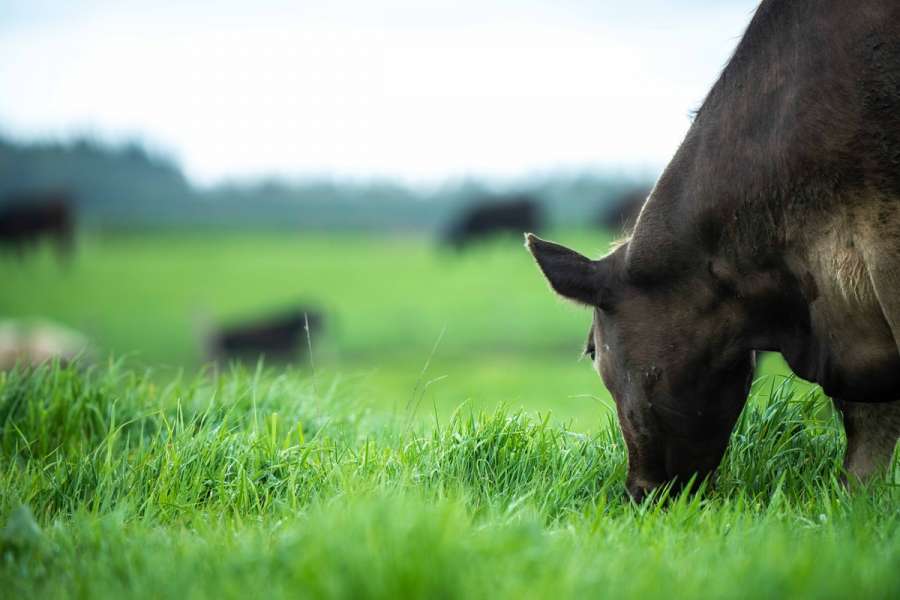Agricultural property means agricultural land or pasture and also includes:
- Woodlands and buildings used in the intensive rearing of animals if they are being used with agricultural land or pasture.
- Grazing land where you are responsible for the upkeep.
- Cottages, farm buildings and farmhouses, and any land occupied with them, if they are of a character appropriate to the property.
Importantly, the land does not have to be in the UK.
If you have agricultural land and property in the Channel Islands, the Isle of Man, or a European Economic Area, your estate can claim APR to reduce the tax bill.
Why is it important for you to be aware of APR now?
If you can make these enquiries now, it will help you to mitigate your Inheritance Tax liability and consider whether it will be beneficial to transfer your agricultural property to a trust during your lifetime or in your Will.
This exercise will involve understanding the extent of the land in your name, the purpose for which the land is used and obtaining a valuation of the land.






